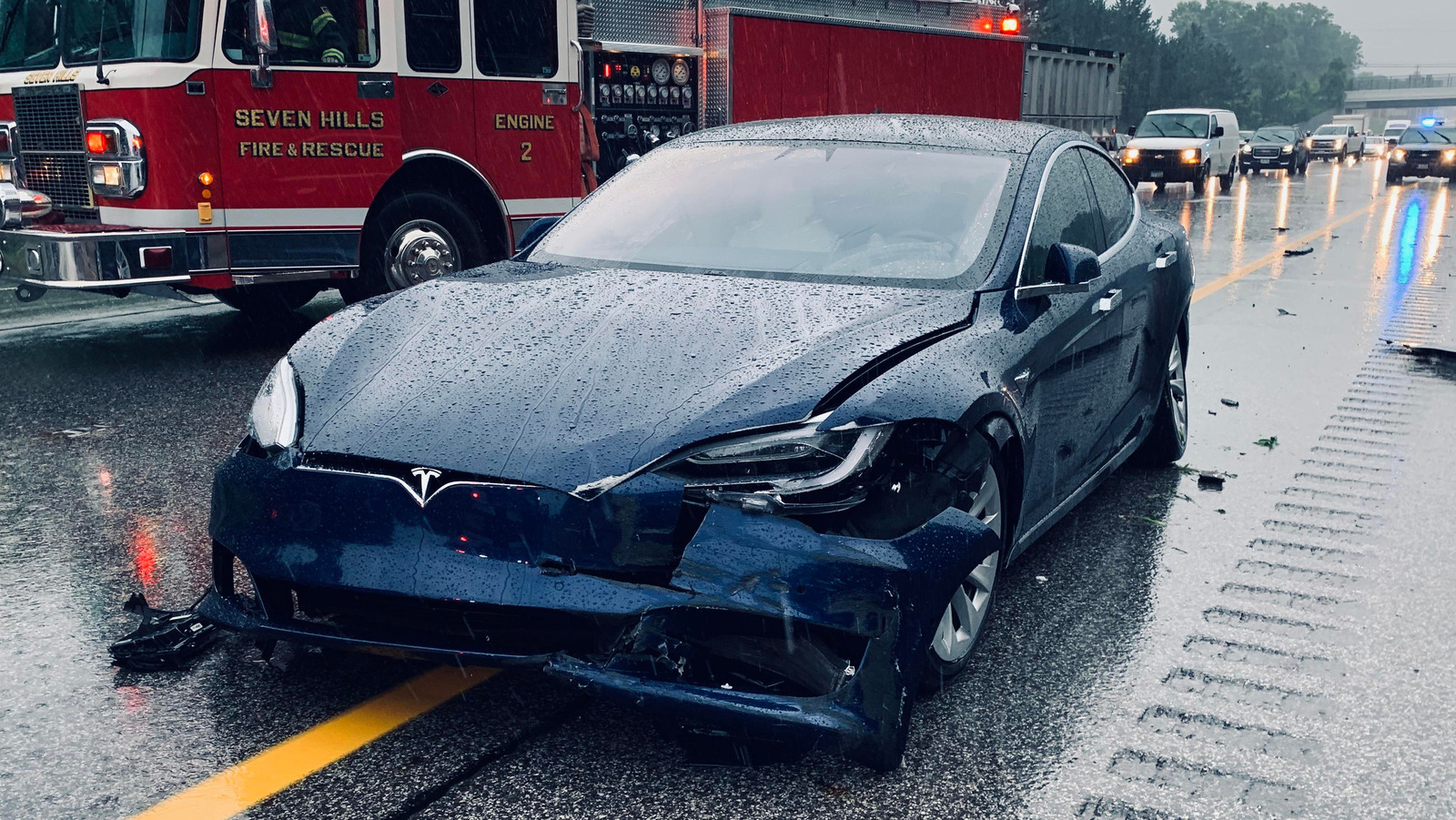
In scenarios where steering and suspension-related issues raised their ugly heads, of which there are hundreds of complaints, Tesla claimed that negligent use and abuse on the car owner’s end caused the malfunctions. Citing internal records, the report adds that Tesla knew about reliability and material strength issues plaguing parts that are a fundamental element of suspension connections: arm controls, drive axles, and steering racks. Worryingly, power steering outages triggered scenarios where the steering wheel fell off mid-drive, leading to near-accident situations and jeopardizing the lives of people in the car.
Tesla engineers were reportedly aware of aluminum alloy suspension parts that snapped in half without the car ever running into a challenging situation that the company often classified as abuse. Also known as aft-link failures, Tesla reportedly fixed close to four hundred cases of such malfunctions in China but never declared the same publicly and sneakily redesigned the components at least four times. One Tesla employee regarded the failures as “terrifying to the customer.” Tesla didn’t pay heed to customer suggestions for a recall, and it was only under pressure from authorities in China that the company issued a recall directive that came four years too late.
“Tesla employed this deny-and-delay strategy as its ballooning costs of warranty repairs threatened the company’s profitability,” adds the report. Tesla is said to have bled a cool $263 million trying to honor under-warranty repairs and servicing for the aforementioned issues. Notably, the facts and complaints uncovered in the latest investigation haven’t been quoted in customer lawsuits against Tesla in the U.S. so far. The NHTSA is also looking into the issues described in the Reuters report, opening the doors for an official investigation days after a massive recall covering close to two million cars.
